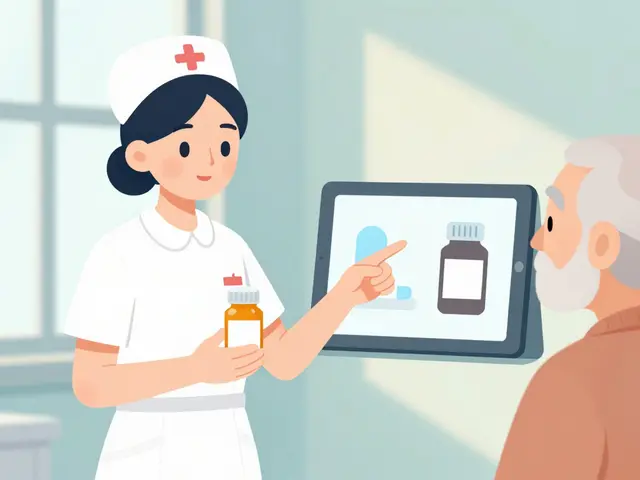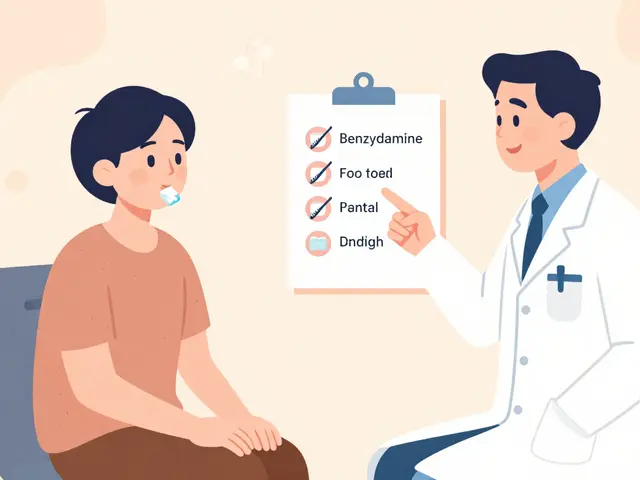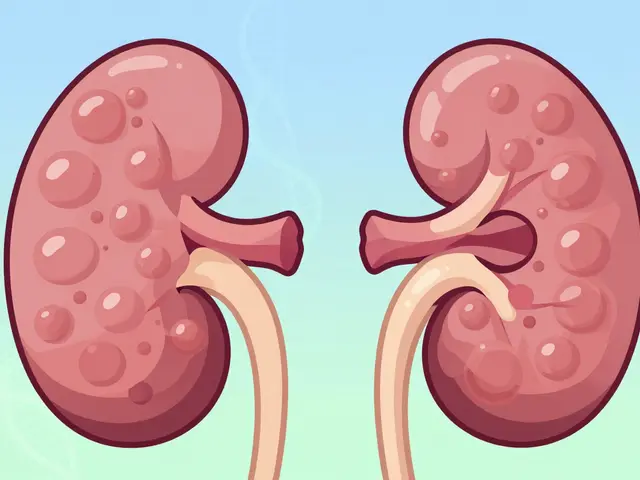Immune System: Simple Ways to Keep It Strong
Your immune system is the body’s security guard. It spots germs, fights infections, and helps you bounce back when you feel sick. Keeping it in top shape doesn’t need fancy gadgets—just a few everyday habits.
How Your Immune System Works in Everyday Life
The immune system is a network of cells, organs, and chemicals that patrol your blood and tissues. White blood cells act like soldiers, while the spleen and lymph nodes are their bases. When a virus sneaks in, these soldiers rally, release signals, and clear the invader. Even the gut plays a role; the bacteria living there train the immune cells to respond correctly.
Everyday Actions That Boost Immunity
First, sleep matters. Aim for 7‑9 hours a night; lack of sleep lowers the production of cytokines, the proteins that help fight infection. Next, move your body. Moderate exercise—like a brisk walk or bike ride—circulates immune cells, making them more vigilant.
Eat a rainbow of foods. Vitamins C and D, zinc, and antioxidants in fruits, veggies, nuts, and seeds give the immune system the tools it needs. If you’re low on vitamin D, a simple daily supplement can make a big difference.
Stress is a silent saboteur. Chronic stress pumps out cortisol, which can dampen immune activity. Try quick stress‑relief tricks: deep breathing, short meditation, or a few minutes of stretching.
Watch what you take. Some prescription meds, like aripiprazole (generic Abilify), can subtly affect metabolism and weight, which in turn influences immunity. Antibiotics such as rifaximin reshape gut bacteria; while they treat infection, they may also temporarily shift immune balance. If you’re considering a new supplement—say, Calabar bean—research safety first. That bean contains potent compounds that can be toxic and isn’t a reliable immune booster.
Skin health also reflects immune function. Things like ringworm spread easily in gyms or from pets. Keeping skin clean, drying it well after sweat, and treating any fungal signs early helps your immune system stay focused on bigger threats.
Hydration is often overlooked. Water carries immune cells through the bloodstream and helps flush out toxins. Aim for at least eight glasses a day, more if you’re active.
Lastly, keep vaccinations up to date. Flu shots and other vaccines train your immune system without making you sick, giving it a head start on real infections.
Putting these steps together creates a strong, flexible defense system. You don’t need to overhaul your life—just add a few sensible changes, stay aware of how medications and supplements interact with immunity, and let your body do what it does best: protect you.

Explore how HIV infects CD4 cells, disrupts immunity, and how antiretroviral therapy, viral load monitoring, and emerging research fight AIDS.

Find out what royal jelly dietary supplements can actually do for your health. Learn about real benefits, what risks to watch for, & practical ways to use royal jelly today.





